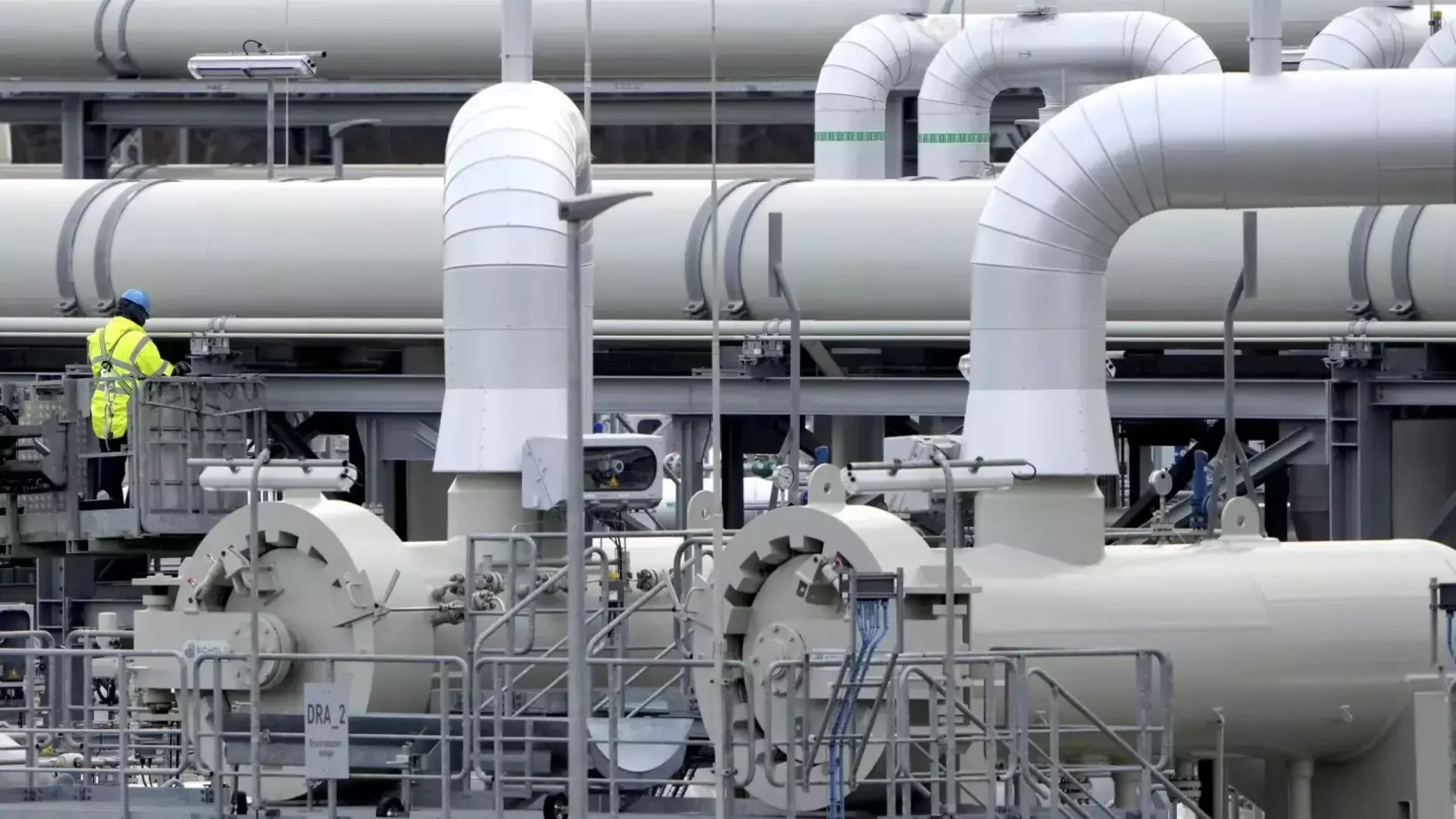Moscow, Kyiv End Russian Gas Transit to Europe via Ukraine

The decades-long transit of Russian gas to Europe through Ukraine came to an end on Wednesday, as both Moscow and Kyiv confirmed the termination of the arrangement. This marks another casualty of the ongoing conflict between the two neighbors.
Since the collapse of the Soviet Union in 1991, Russian gas has flowed to Europe through pipelines crossing Ukraine, providing significant revenue to both countries—Moscow from gas sales and Kyiv from transit fees.
The latest transit contract expired on Wednesday, with Ukraine deciding not to renew it following Russia's 2022 invasion.
Ukraine’s Energy Minister German Galushchenko hailed the decision as a "historic event," emphasizing that it would strike a financial blow to Russia and weaken its war efforts. However, Moscow criticized the move, accusing Ukraine of sabotaging itself and causing frustration among some Eastern European countries still dependent on Russian gas.
Divided Reactions in Europe
The halt in gas transit drew mixed reactions across the European Union. Slovakia, heavily reliant on Russian gas, condemned the decision, with Prime Minister Robert Fico warning of significant repercussions for the EU. "Halting gas transit via Ukraine will drastically impact us all in the EU, but not the Russian Federation," Fico stated in a video message.
Meanwhile, Poland, which no longer imports Russian gas and is a strong supporter of Ukraine, welcomed the move. Polish Foreign Minister Radoslaw Sikorski called it "a new victory," comparing it to NATO's recent expansion to include Finland and Sweden.
Hungary, on the other hand, remains largely unaffected as it receives most of its Russian gas through an alternative pipeline via the Black Sea, Turkey, and the Balkans.
Declining Reliance on Russian Gas
Russian gas accounted for less than 10% of the European Union's imports in 2023, a sharp decline from over 40% before the war. While some Eastern European nations remain reliant, the EU has been preparing for a future without Russian gas transiting through Ukraine. The European Commission stated that it had worked extensively over the past year to mitigate the impact of such a scenario.
Impact on Energy Prices
The announcement pushed European natural gas prices above €50 ($51.78) per megawatt-hour for the first time in over a year, as Eastern European buyers braced for potential supply disruptions.
Russia’s state energy giant Gazprom reported that gas transit through Ukraine ceased at 8:00 am (0500 GMT) on Wednesday, citing the loss of "technical and legal rights" to ship gas via Ukraine. Moscow has been redirecting its energy exports from the West to Asia amid Western sanctions and calls to cut purchases of Russian oil and gas.
In a related development, Gazprom also announced it would halt gas supplies to Moldova over a payment dispute. Moldova has declared a state of emergency, as it relies heavily on electricity from a Transnistrian power plant fueled by Russian gas.
Energy revenues remain a critical component of Russia’s finances, and Kyiv has repeatedly criticized nations that continue to purchase Russian energy, accusing them of indirectly funding Moscow’s war efforts.
















तपाईको प्रतिक्रिया दिनुहोस